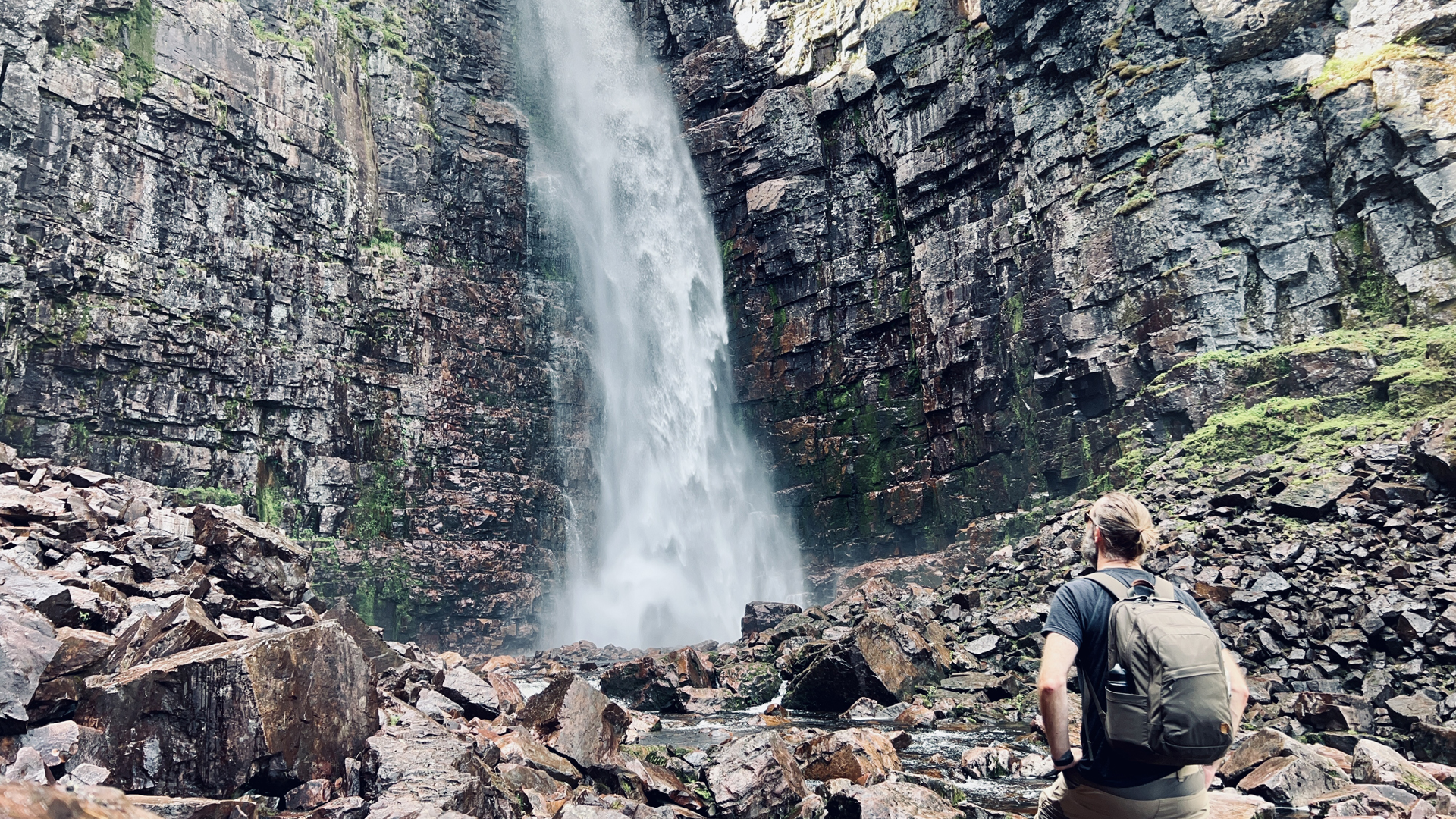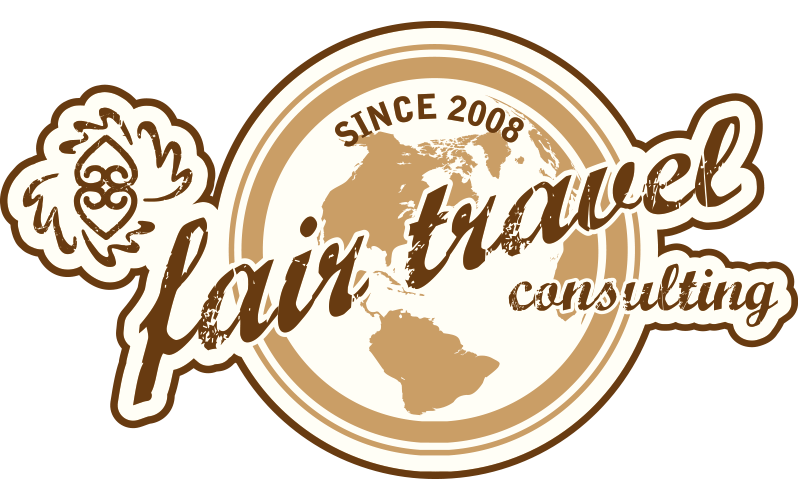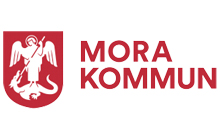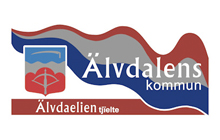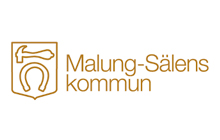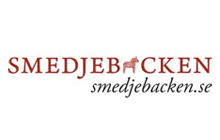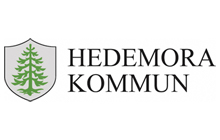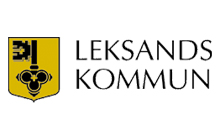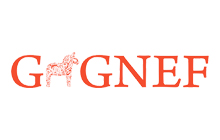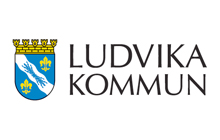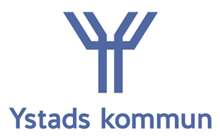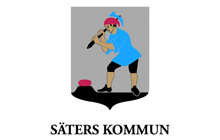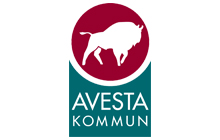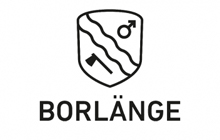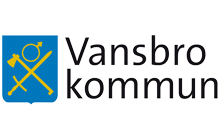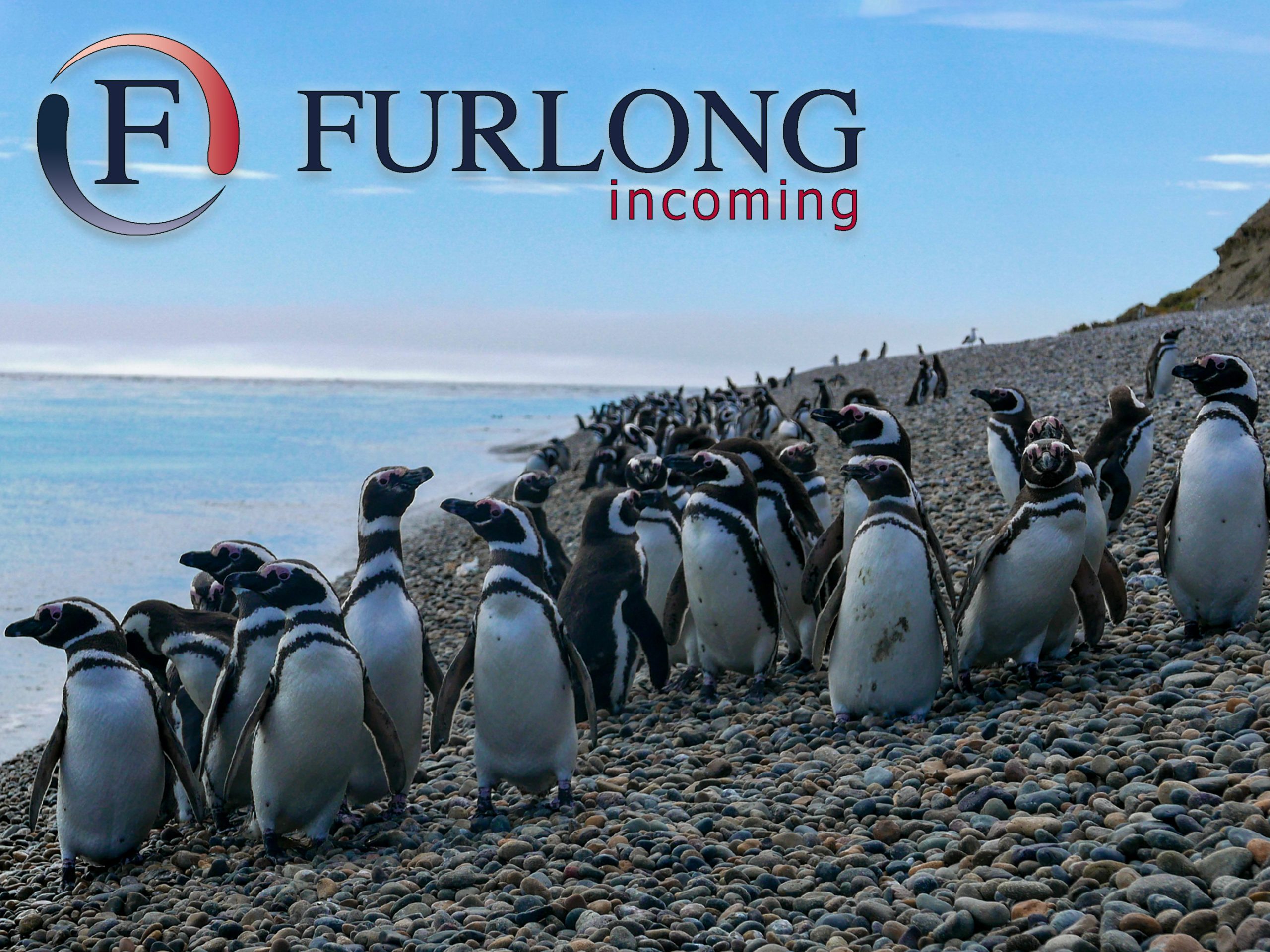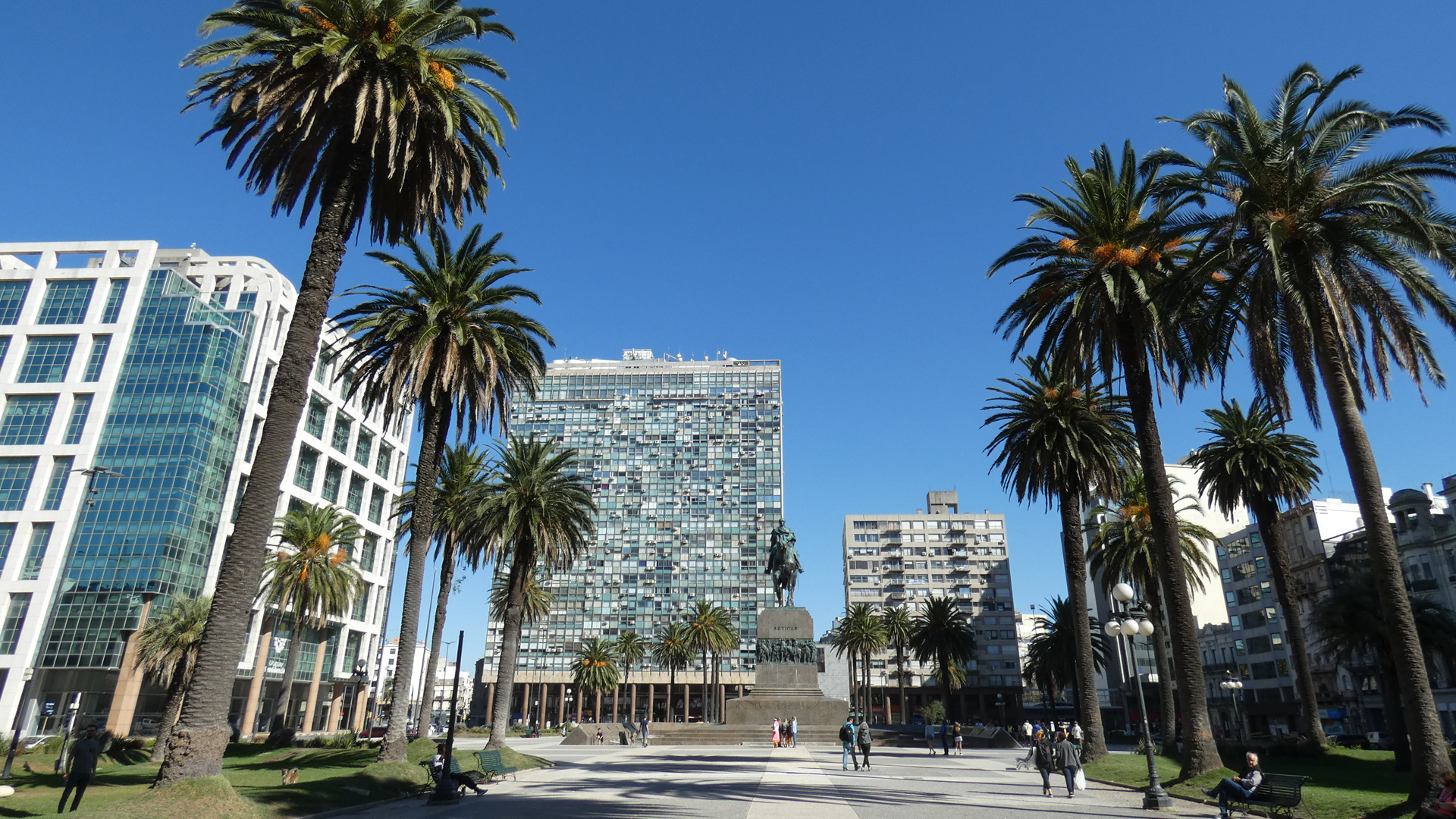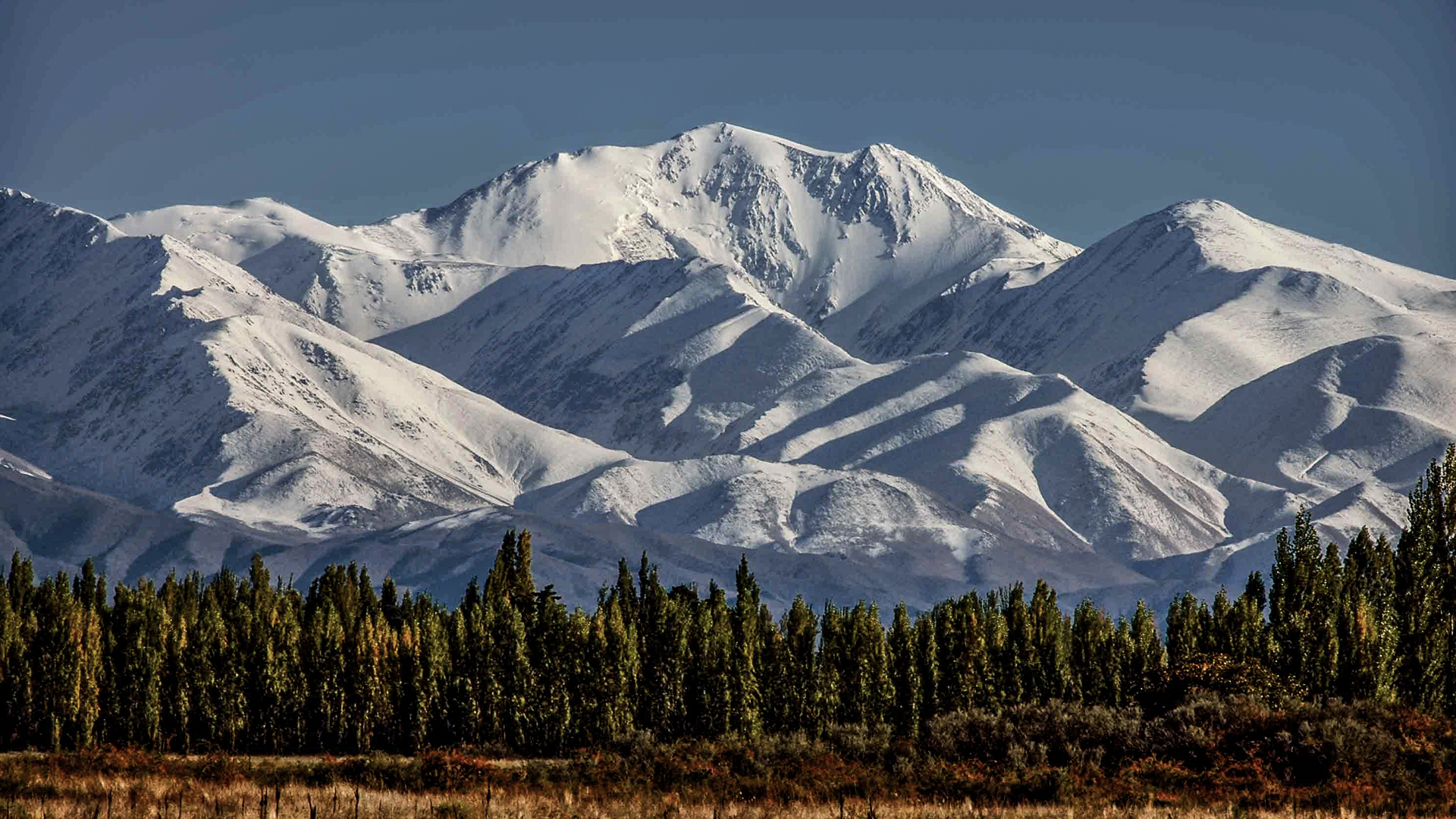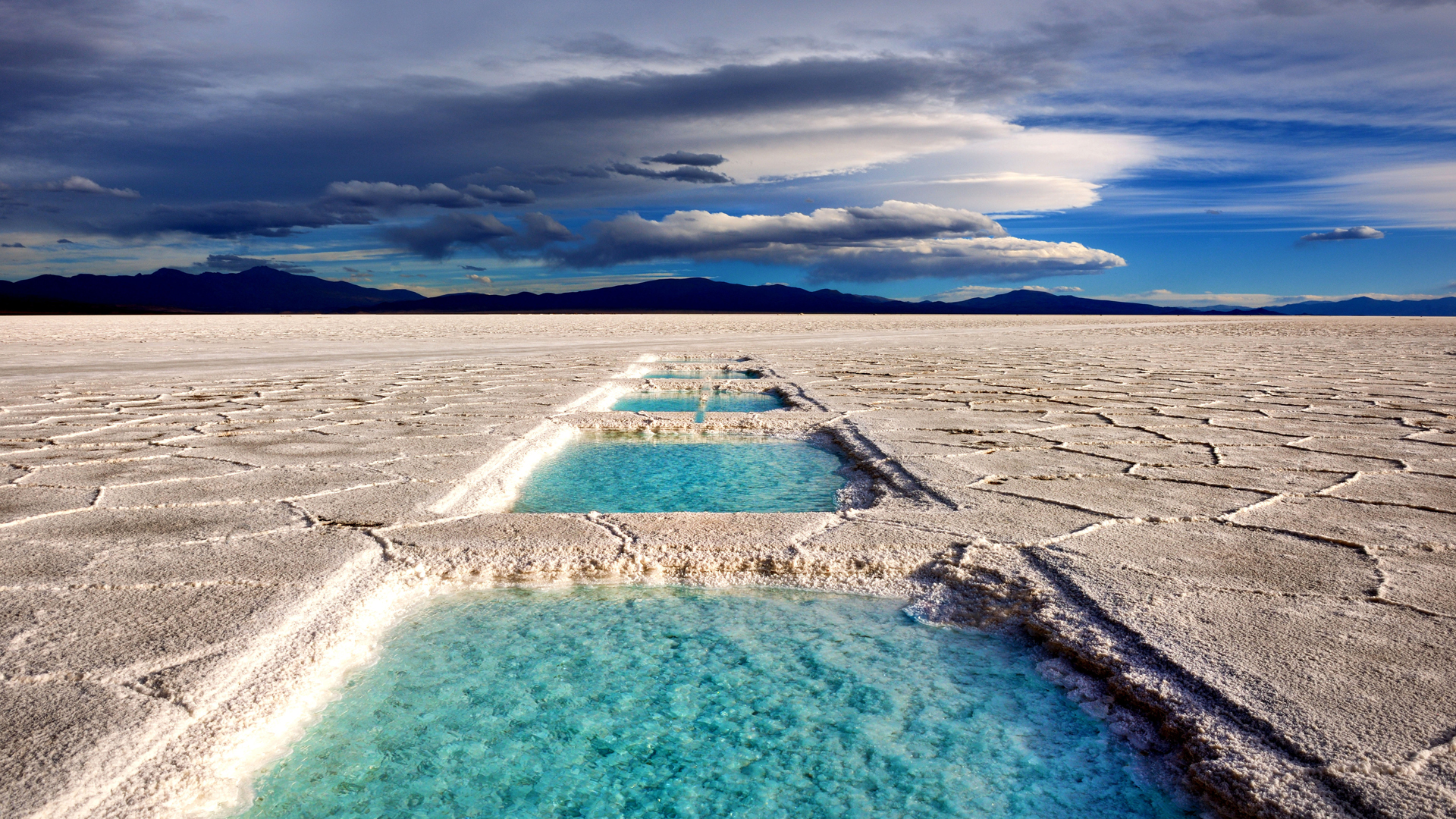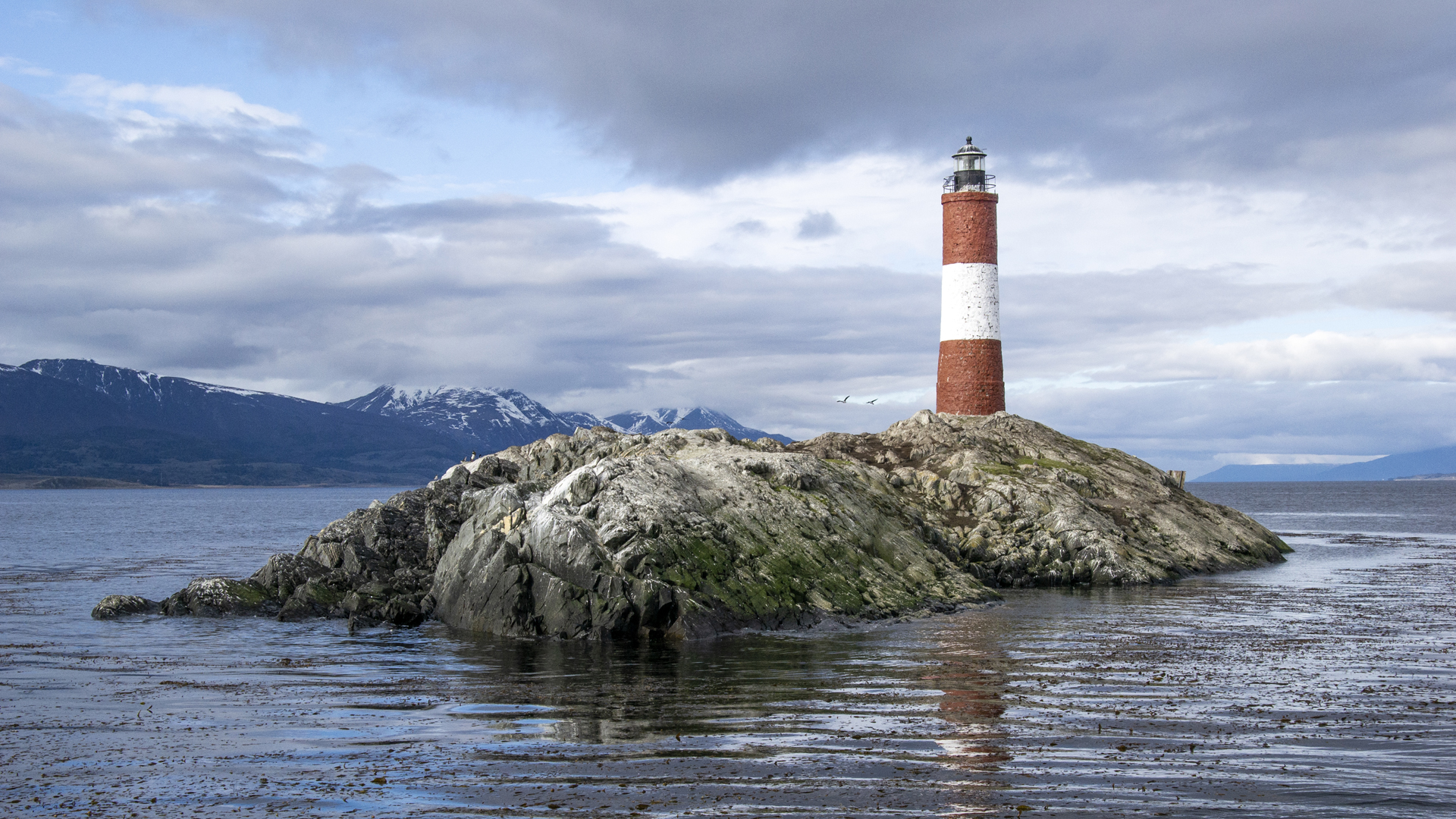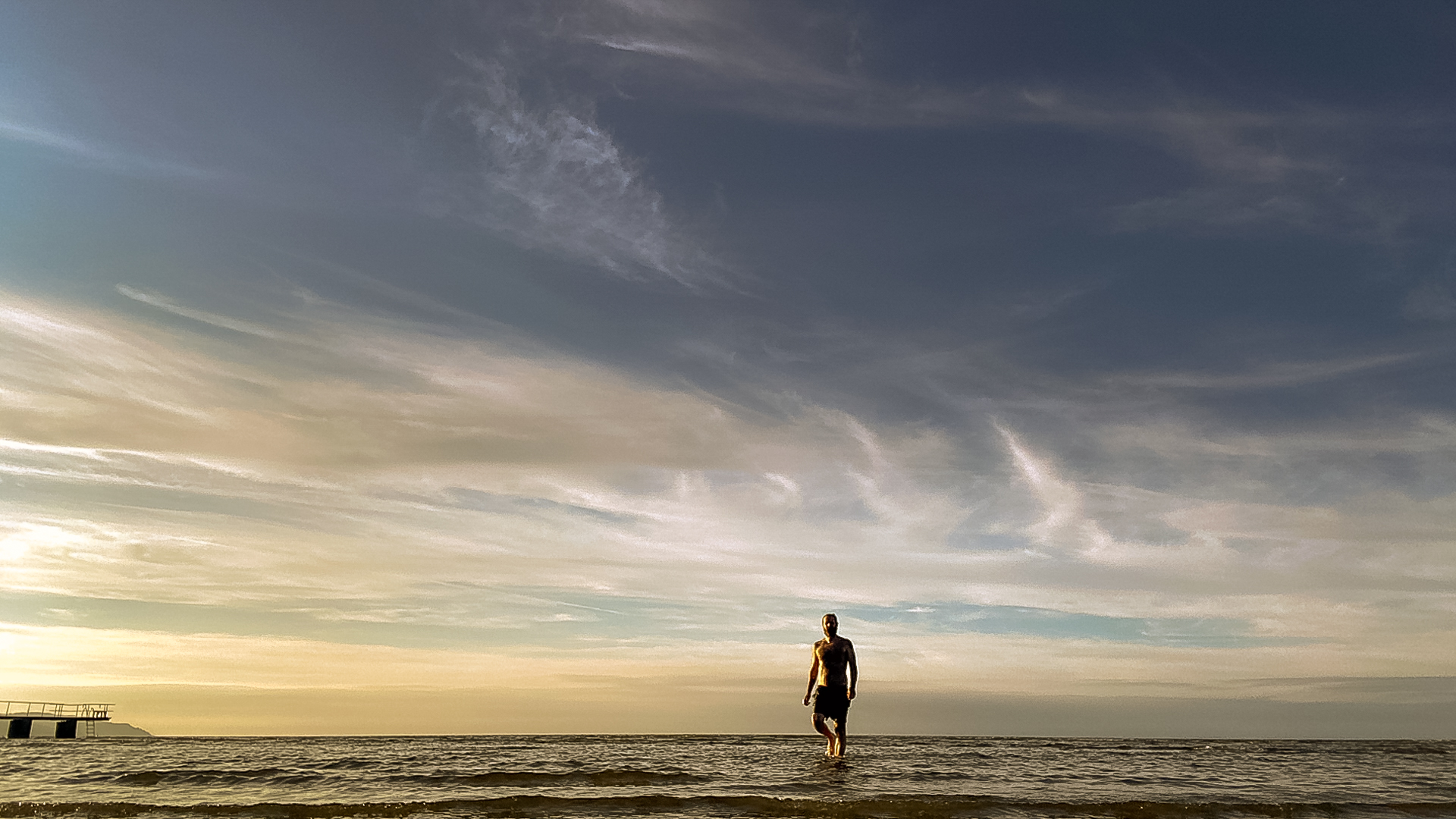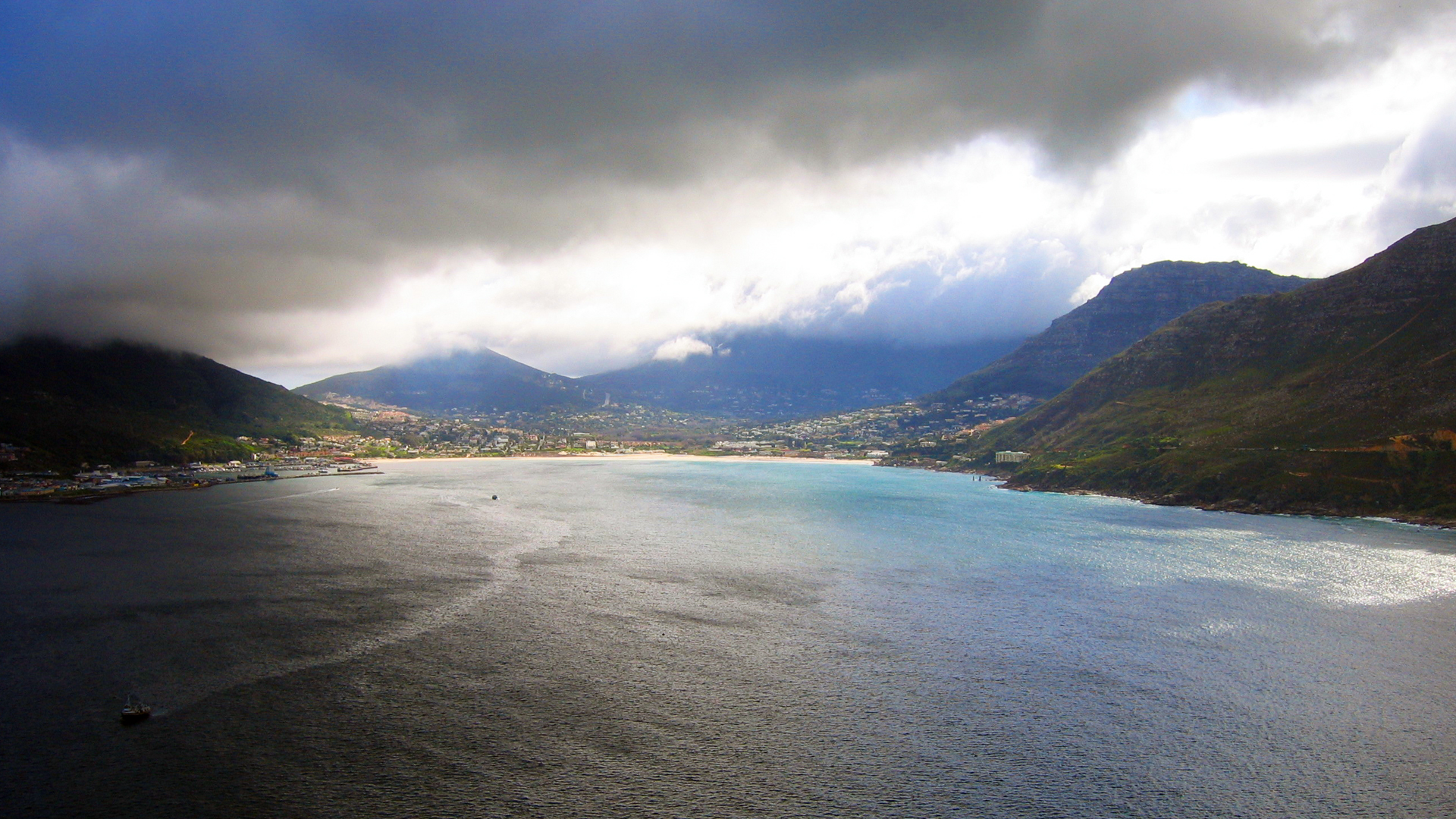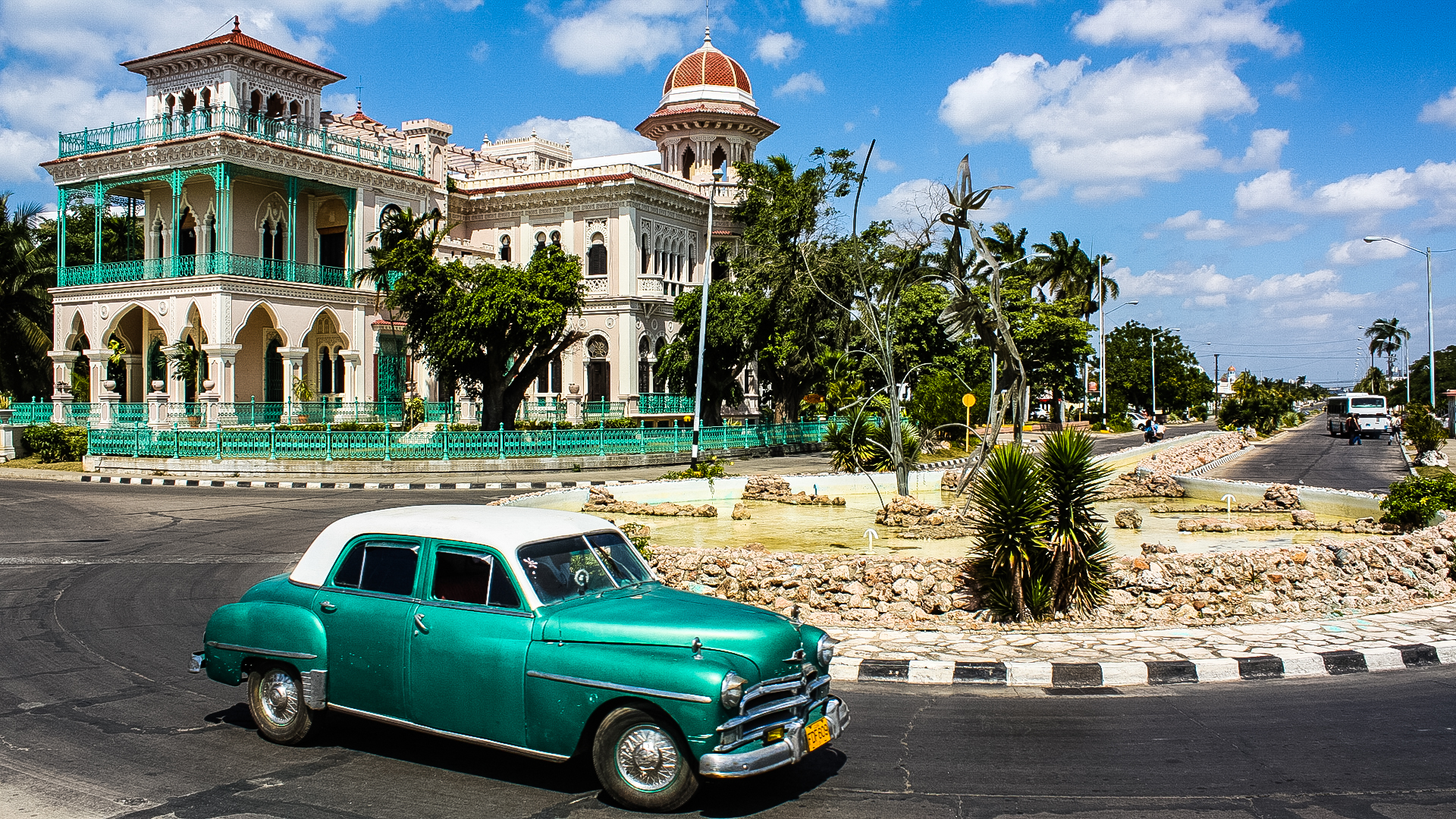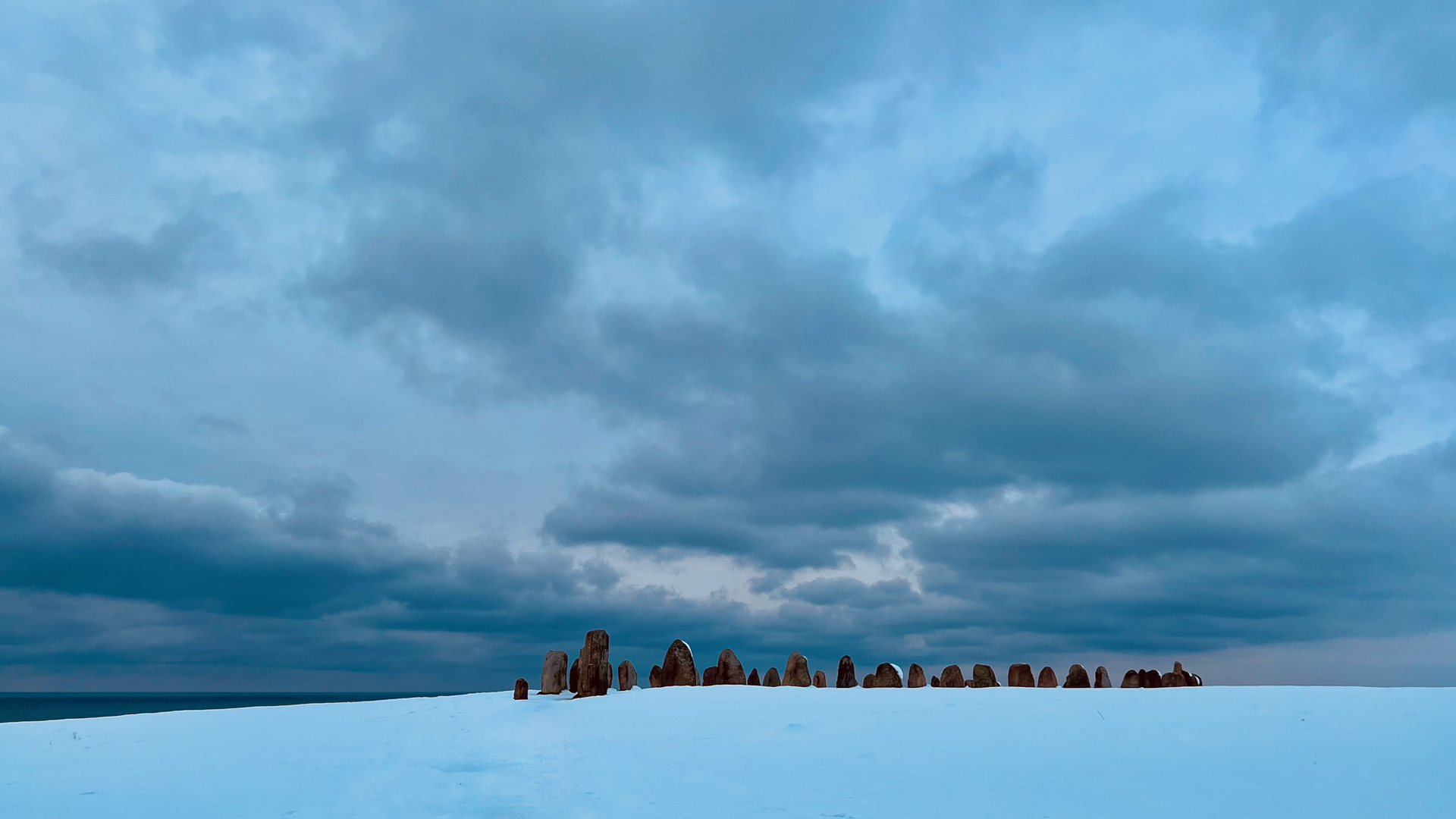
Destination Assessment
The Global Sustainable Tourism Council has developed a destination assessment methodology, GSTC Destination Program, which was designed to introduce the destination management team to the core elements required to develop sustainable policies and practices by applying the GSTC Destination Criteria to the specific destination.
The method has been applied by Fair Travel and is a service offered to destinations. This assessment process allows for a destination to better understand its sustainability status against the GSTC Destination Criteria, and to identify areas for improvement which helps to understand how to systematically apply the GSTC Destination Criteria to improve the sustainability efforts.
The benefits of a Destination Assessment
The destination will benefit from an expert analysis and assessment of the destination, and get customized recommendations based on concrete actions necessary to comply with the GSTC Destination Criteria. The assessment will help build capacity among destination stakeholders, define roles and responsibilities, and sustainable destination management while also helping to understand which policies and practices that are currently working well. It will help improve destination governance, policymaking, stakeholder engagement, and performance in the areas of,
- Sustainability management
- Economic development
- Community and cultural well-being
- Energy and environmental conservation
The performance of the destination’s sustainability efforts will be evaluated, thus providing a current sustainability status according to the world’s leading destination sustainability standard — the GSTC Destination Criteria. Based on this, the destination can then prioritize urgent, important, and achievable next steps to address the destination’s sustainability risks.
The service is not a certification in itself, however should be seen as a preparation platform, to define roles, responsibilities and requirements, for a destination certification process.
Overview of the Destination Assessment
The Destination Assessment process is divided into five key phases,
- Informational meeting – A first step of the process is to gather all key stakeholders for an informational meeting of what is to be done, the requirements and key steps of the process.
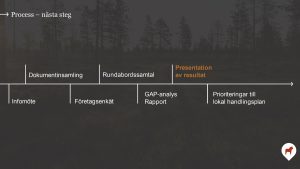 Desktop scoping and stakeholder survey – A stakeholder and document mapping is conducted to collect all necessary steering documents of the destination to understand its ambitions and how responsibilities are divided and defined on paper amongst the stakeholders. In order to get a sense of what the identified stakeholders feel about the sustainability ambitions and efforts in the destination, a survey is distributed amongst stakeholders where their input is collected.
Desktop scoping and stakeholder survey – A stakeholder and document mapping is conducted to collect all necessary steering documents of the destination to understand its ambitions and how responsibilities are divided and defined on paper amongst the stakeholders. In order to get a sense of what the identified stakeholders feel about the sustainability ambitions and efforts in the destination, a survey is distributed amongst stakeholders where their input is collected.- Onsite visit and roundtable workshop – It is of utmost importance for the assessor to not only “read about the destination” but to also experience it in person. Depending on the scope of the destination, a destination onsite visit is conducted over 1-3 days to
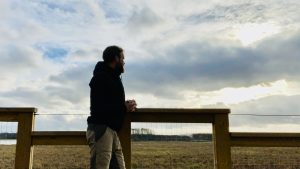 better understand its challenges, highlights and requirements. In conjunction with the visit, a roundtable workshop is conducted where identified stakeholders of the destination are invited for a full day roundtable discussion and workshop to share opinions and highlight challenges in the destination, following the GSTC Destination Criteria.
better understand its challenges, highlights and requirements. In conjunction with the visit, a roundtable workshop is conducted where identified stakeholders of the destination are invited for a full day roundtable discussion and workshop to share opinions and highlight challenges in the destination, following the GSTC Destination Criteria. - Assessment Report and GAP Analysis – With all gathered data and input from the previous steps, an assessment and evaluation is being conducted with the GAP’s of the destination being analysed.
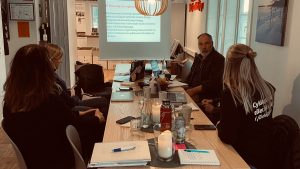 A report is produced, that highlights the strengths and the challenges, identified areas for improvement and customized recommended areas of action.
A report is produced, that highlights the strengths and the challenges, identified areas for improvement and customized recommended areas of action. - Results Workshop – An onsite results workshop is conducted, where the findings are presented with recommended areas of action including a Q&A session.
The report and customized recommendations is then handed over to the destination management team, and based on these the destination can then prioritize urgent, important, and achievable next steps to address the destination’s sustainability risks and how to move forward with the process.
Fair Travel has conducted destination assessments on the following destinations,
